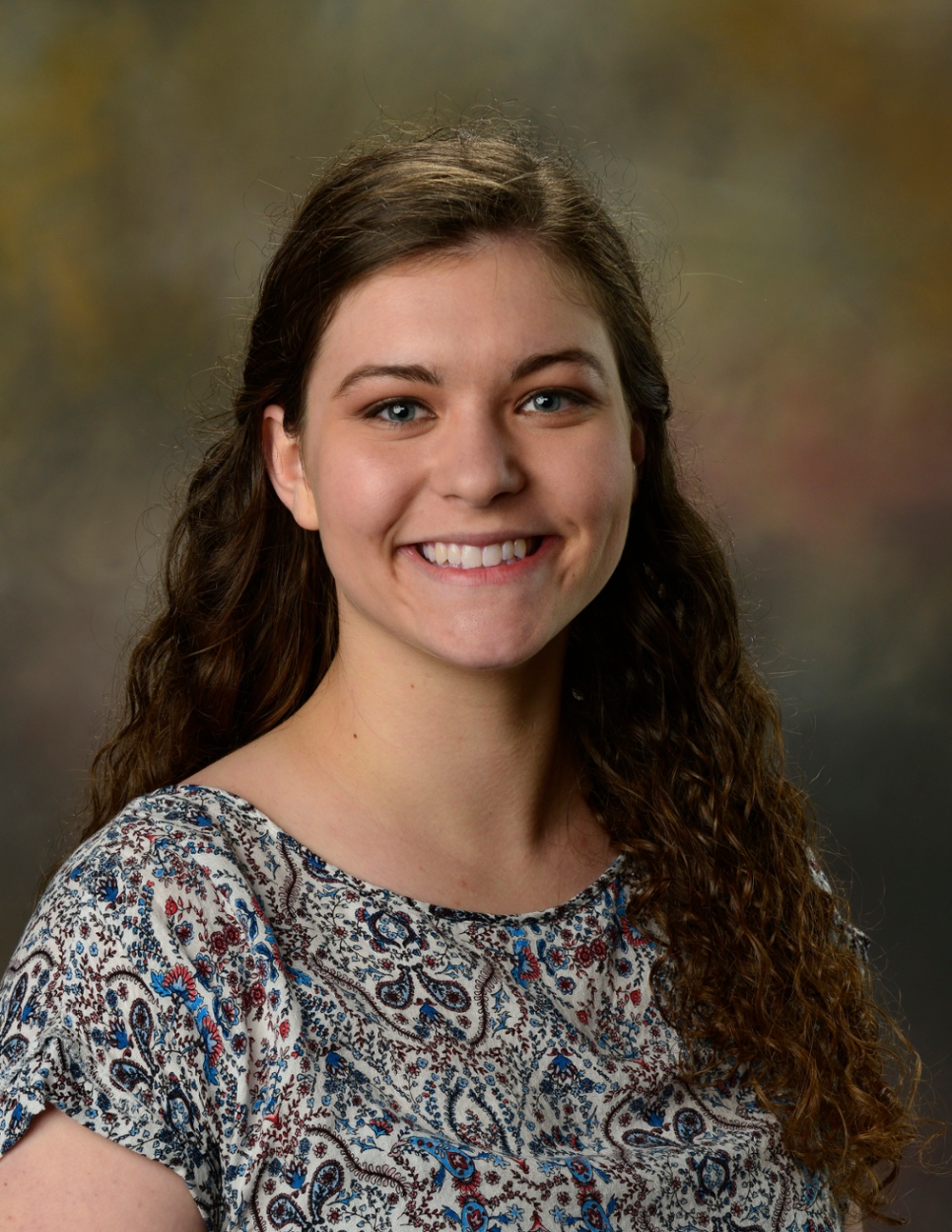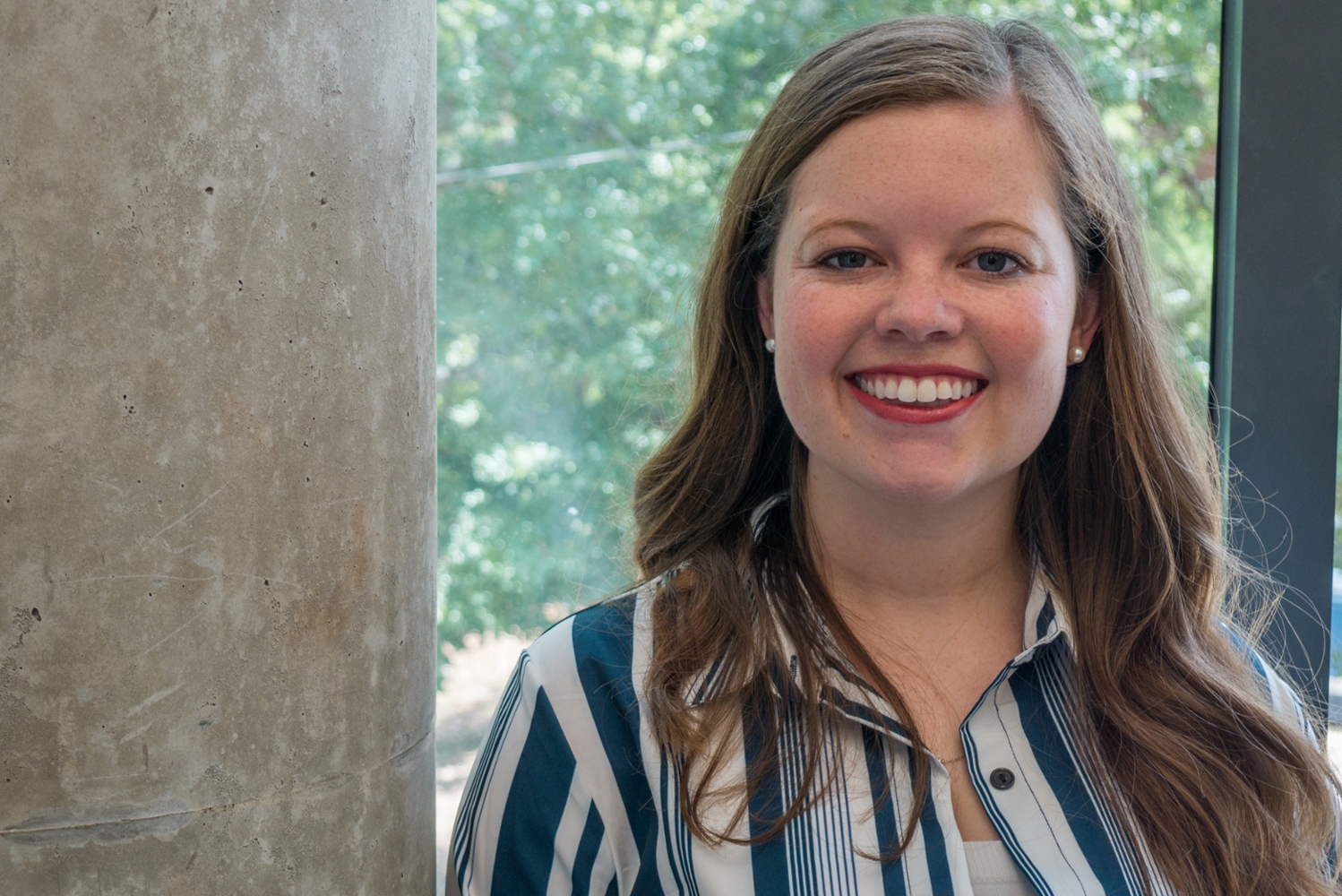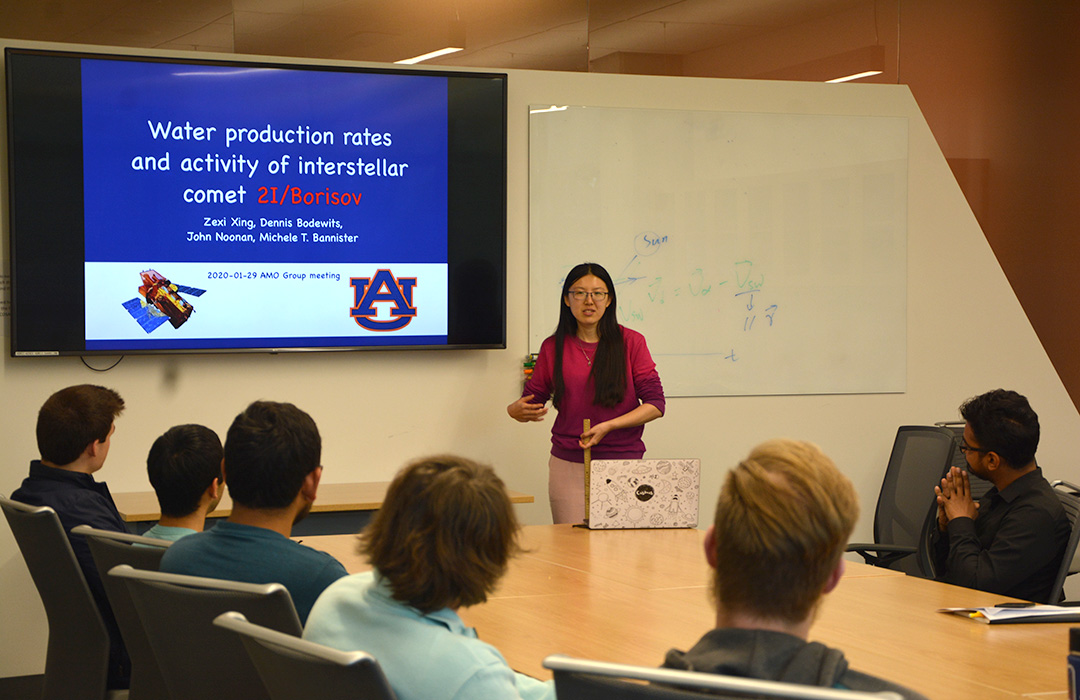COSAM students make scientific contributions beyond this world
World Space Week 2021 celebrates Women in Space
Oct. 4-10 marks World Space Week 2021, and Auburn University’s College of Sciences and Mathematics (COSAM) is taking the opportunity to highlight standouts in the field.
The celebratory week has been spotlighting accomplishments in regard to space since 1999. This year’s theme, Women in Space, gives us the opportunity to highlight how students at Auburn University have first-hand experience working on space-related projects including researching protection for exploration of a moon of Jupiter, conducting research remotely on the International Space Station (ISS) and measuring water around a comet from another solar system.
In COSAM, female students make significant scientific contributions every day.
Natalie Williams graduated with her Bachelor of Science degree in microbial, cellular and molecular biology in 2021 and continues to work as a team lead for the NASA Europa Lander Mission in the lab of her mentor, Mark Liles.
“Over the past three years in my lab, Natalie has had a tremendous impact on our research in preventing microbial contamination of NASA’s Europa Lander Mission’ project,” Liles said. “Her work as a leader of our Planetary Protection Team to prevent terrestrial microbial contamination of spacecraft components will be used by NASA in the search for extraterrestrial life on the ice-covered moon of Jupiter.”
Williams was recognized with a Dean’s Research Award in 2021 for the Department of Biological Sciences. Watch her research presentation online where she explains her work on the Planetary Protection Team. She also won first place in the University-Wide Undergraduate Students Winners in Science, Technology, Engineering and Mathematics during the 2020 Auburn Research: Virtual Student Symposium.
Williams and the team in the Liles lab work with scientists from Marshall Space Flight Center and the Jet Propulsion Laboratory to provide NASA with data that will inform the “go or no go” launch risk assessment. Like Williams, another COSAM student, Lori Scott, conducted research remotely on the ISS.
Scott, a graduate student in the Department of Physics, is pursuing her doctoral degree and focuses her research around the fourth state of matter, plasma. She specifically evaluates how the kinetic energy of flowing dusty plasmas is converted into other forms of energy once the particles are stopped.
Scott’s research contributes to the labs of physics professor Uwe Konopka and COSAM Interim Dean Edward Thomas Jr., and she collaborates with researchers from Baylor University and Wittenberg University.
“Lori has had an incredible opportunity to research plasma parameters change in the Plasma Kristall-4 or dusty plasma laboratory,” said Konopka. “As a graduate student, she has worked with the German Center for Air and Space, European Space Agency, and ROSCOSMOS, the Russian Space Agency and guided what was needed for this important experiment. Her drive and passion has helped to ensure the success of this research project,” said Thomas.
Above the ISS, an interstellar visitor was the primary focus of Zexi “Lucy” Xing’s research.
Xing, a visiting scholar for six months in the Department of Physics while a graduate student at Hong Kong University, observed comet 2I/Borisov using the Neil Gehrels Swift Observatory. She measured intriguing water production rates from the first interstellar comet as it traveled through our solar system.
Watch a video NASA created to showcase the research on comet 2I/Bosiov.
Xing also won the COSAM graduate poster award at the Auburn Research Symposium.
“Zexi led the planning and data analysis of this project. The water production rates show how the comet eroded and scientists around the world were waiting for these results to interpret their data. She really made a big impact on our field,” said Dennis Bodewits.
Women at Auburn University have the ability to not just learn about space, but also make real-world contributions through their research. During this year’s World Space Week, their research helps show that female scientists have the ability to make an impact beyond this world.Latest Headlines
-
02/12/2025
-
02/11/2025
-
02/10/2025
-
01/30/2025
-
12/03/2024




